A dental sleep medicine practitioner explains why the AASM and AMA’s actions only reinforce what dentists already know.
By now you have likely heard that the American Academy of Sleep Medicine (AASM) and American Medical Association (AMA) are advocating to block dentists from diagnosing obstructive sleep apnea (OSA). The AASM has launched a nationwide initiative that aims to defend the scope of practice of physicians and advanced care providers who manage patients with OSA from dentists and other practitioners who are not trained or qualified to diagnose a medical disease.
Every state medical board received a copy of the AMA resolution, Appropriate Use of Objective Tests for Obstructive Sleep Apnea H-35.963. The resolution was introduced in November 2017 at the AMA Interim Meeting and was adopted by the House of Delegates. Because of this new policy, the AASM released a position statement on the clinical use of a home sleep apnea test.
The statement stated that the diagnosis and effective treatment of OSA in adults is an urgent health priority. However, according to the AASM, only a physician can diagnose medical conditions such as OSA and primary snoring.
While it is understandable that some dentists are upset over this new ruling, let’s not create any bad blood. This new statement does not mean the end for us dentists providing treatment for OSA. It simply goes back to what we’ve always known: we need to continue to build a working relationship with physicians.
Build a Working Relationship with Physicians
Sleep medicine in the dental office provides knowledge and understanding of sleep physiology and the life-threatening consequences of sleep-disordered breathing. Many at-risk patients are candidates for oral appliance therapy, and many patients who are suffering from sleep apnea can be treated by your dental practice working in an interdisciplinary relationship with a sleep physician.
While you can provide your patients with oral appliance therapy, it is important to be aware that the first step in treatment is a proper diagnosis. To properly diagnose your patients, a sleep physician or other medical professional is needed—they are available to provide proper diagnosis of sleep apnea in patients, as well as other sleep issues that may be identified by their examination, such as restless leg syndrome, periodic limb movement, and insomnia.
For this reason, it is important to establish a relationship with your local physician. With each patient that displays signs of a sleep-breathing disorder, send them to your local sleep physician for referral. By visiting the sleep physician, your patient will be monitored, tested, and diagnosed. From there you can treat your patient with oral appliance therapy when appropriate.
This is where the creation of a working relationships with physicians in your community comes into play. First, introduce your dental sleep medicine practice to your local physicians. This will allow physicians to be aware of the services you provide, which helps to build a relationship for diagnosis and treatment planning. Give physicians and their staff confidence that your practice will provide exceptional care for their patients by speaking their language and sending standard medical SOAP [subjective, objective, assessment, and plan] format narratives that document your patients’ treatment.
By doing this you are also establishing a solid relationship with your local physician because you are informing them that you are screening your dental patients for sleep apnea and will be referring to them for proper evaluation and diagnosis. The physician will also play a large role in a follow-up sleep study after the patient has begun oral appliance therapy. They will make sure the treatment is working or provide treatment adjustments as needed.
As a dentist, you can still screen for potential patients that might be suffering from an undiagnosed sleep-breathing disorder. However, a referral should be made to a sleep physician for diagnosis. Diagnosis should be in the hands of the physicians, but we need to learn to work with each other rather than against each other.
Sleep medicine does not just constitute sleep-breathing disorders, but other disorders as well. As dentists, we are not well versed in it; hence why we need to depend on our physician colleagues.
Mayoor Patel, DDS, MS, is the owner of Atlanta’s Craniofacial Pain and Dental Sleep Center of Georgia.

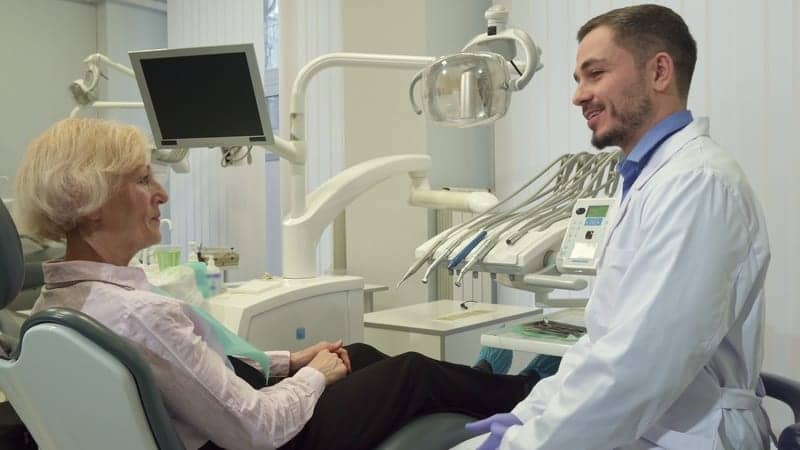

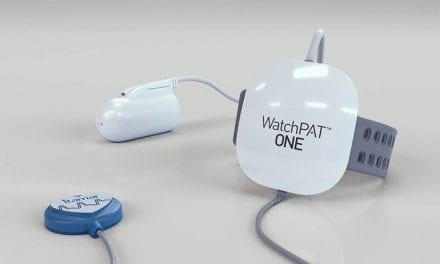
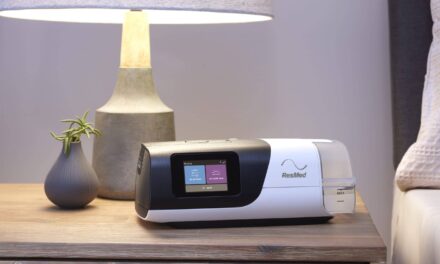
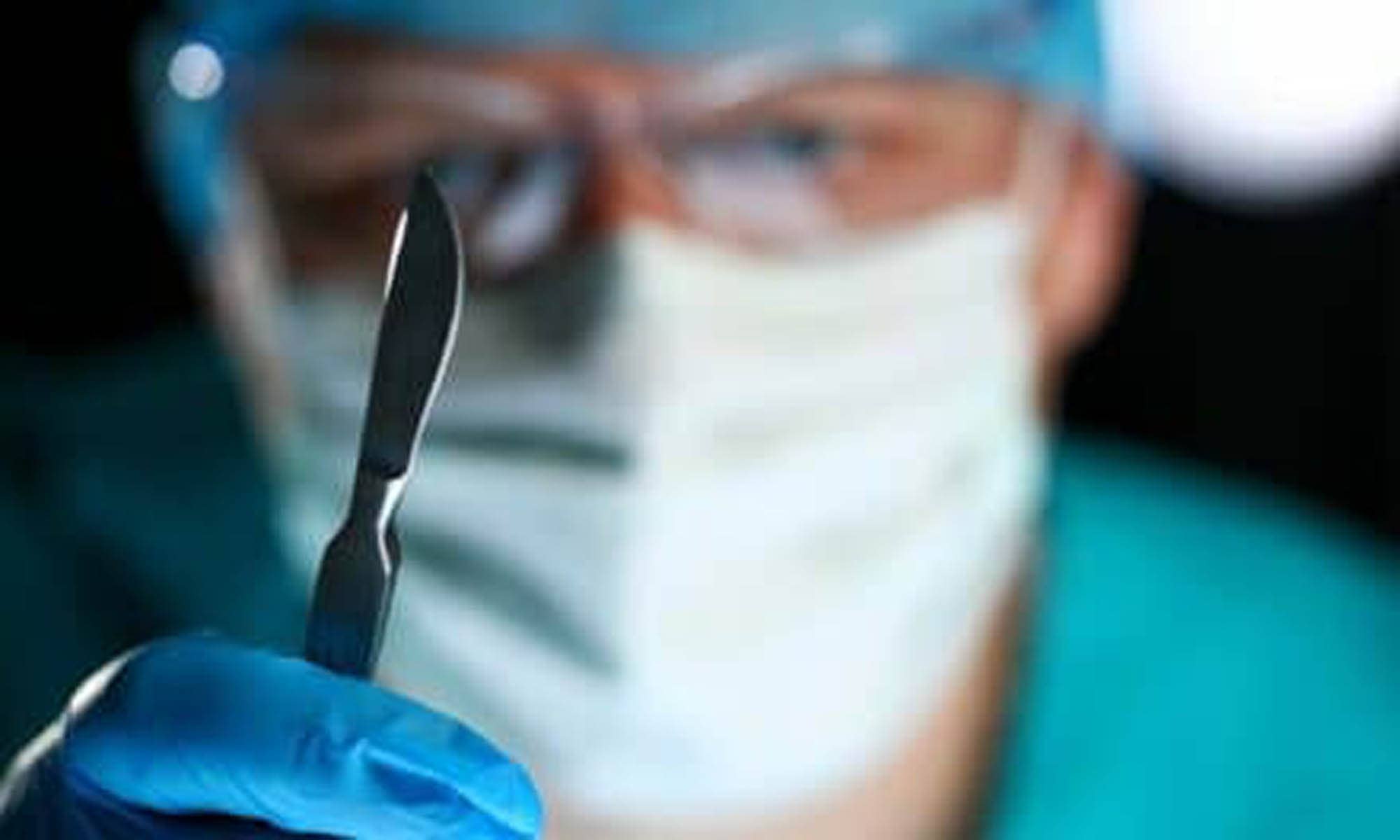
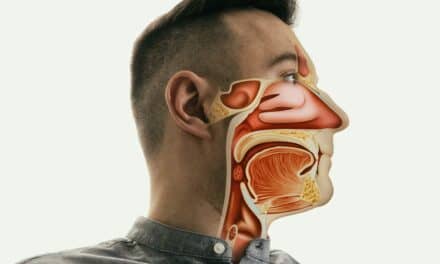
Thank you for this article Mayoor! I couldn’t agree more! I encourage DSM providers to work with their State Dental Boards and Dental Assiciations to adopt best practice guidelines and policy to promote this patient-centered ethical approach to practice DSM. It’s not about a turf war,…it’s about saving lives utilizing collaborative interdisciplinary knowledge from both dental and medical professions uniting together to manage this disease. If dentists want more referrals or acceptance from sleep medicine, than join them as a team member. Dentists need medical partnerships and medicine needs dental treatment options from qualified dentists. It can be a very rewarding partnership for all parties when the choice is to respect each profession and do the right thing, working together. Dentists must be adequately trained in DSM in order for the sleep medicine industry to trust the profession. Those too lazy or non-committed to put forth the time and education efforts into dental sleep medicine education should just stick with general dentistry. I applaud the AMA and AASM for proactively taking measures to protect patient diagnosis and management. As a NP, DDS, and D.ABDSM, I can view this issue from both sides of the fence.
Well said. And yes you serve both sides. We fail to understand that sleep MD do a fellowship for a year to be effectively trained in it. We dentists on the other hand have to take CE courses to understand the complexity associated with sleep. We are just not well prepared and should work with our MD colleagues. Patients health and outcomes matters. Not the amount of cases we can do.
Shelly well said. I have to thank you for chiming in and expressing your thoughts because you serve both medical and dental. MD have to do a fellowship in sleep after their primary residency for them to help these patients. We Dentist, on the other hand, have to take CE to get well versed in this broad category of conditions. We are not as well prepared to understand sleep as our MD colleagues are. It’s about patients health not the number of oral appliances we do. I hope we can understand that we need to work with our MD’s
I am in agreement with this policy, however I believe it has extended to prohibition of dentists administering HSTs to their patients in some states even though physicians do the actual diagnosis. It could hinder the proper titration of oral appliances. This can cause many suffering patients to be undiagnosed and treated improperly. What is your stand on that issue?
Mayoor,
I completely agree that the diagnosis must come from a physician. But once the diagnosis is established and the physician takes medical responsibility for the medical condition and any related comorbidities, I see no problem with a dentist using HST to titration an oral appliance. HST provides the potential to produce the most objective evidence for titration, which should be the objective. It seems like the reasonable middle ground.
Sam Higdon